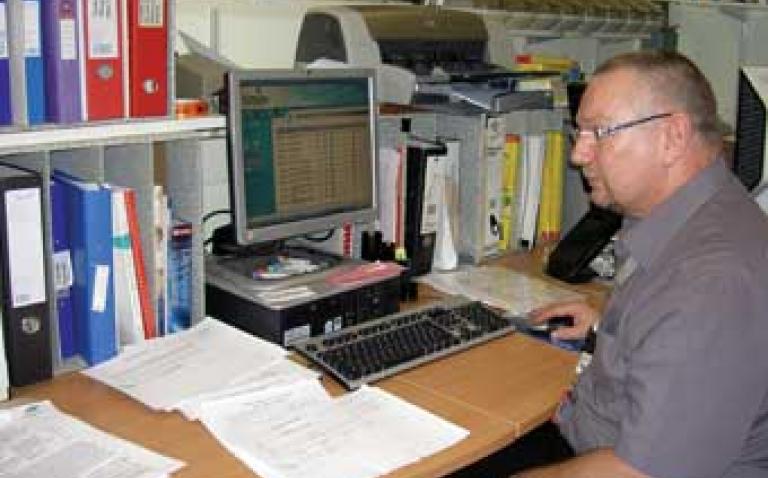A damning indictment of the state of the cold chain involved in the movement and storage of pharmaceutical products has been given by Ian Holloway, Medicines & Healthcare Product Regulatory Agency manager of the UK Defective Medicines Report Centre.
An expert in drug safety, he told an audience of nearly seventy medical experts at a widely acclaimed educational study day that regulators were increasingly concerned that cold chain products were being damaged by unacceptable temperatures and humidity’s during shipment or storage.
“Validation qualification is a normal Good Manufacturing Practice requirement and there is increasing regulatory interest in moving the entire supply chain nearer to a normal GMP requirement,” Mr Holloway said.
He expressed concern that thermal shock could influence the degradation of kinetics and cause problems at any stage of their shelf life and people needed to be aware that specialised blue chip services and systems for monitoring, storage and distribution were becoming increasingly available.
Mr Holloway, who manages the Defect Centre which advises companies on defective products and handles product recalls, was speaking at the educational study day organised by IS09001:2008 accredited Next Control Systems, which has developed its Tutela Monitoring Service for the medical sector.
Fully compliant with the NHS N3 communications network access, it automatically records temperature, humidity and other data which is stored electronically for up to 30 years. A fully manned, 24/7 alarm monitoring service is in place to notify their customers when equipment malfunctions and helps deliver solutions to monitoring issues which are both complaint and fully validated.
Mr. Holloway was critical of some conditions and controls on both sea and air freight, particularly from India to the UK and also listed a dozen potential problems which could affect road freight within the UK.
Warning that deficiencies were still being found, he said that increasing regulatory expectations would make matters more difficult.
Mr. Holloway listed twelve major problem areas with cold rooms as:
• Alarms set to wrong values after maintenance;
• Items not unpacked before storage;
• Excessively full resulting in poor air circulation;
• Mould present on walls;
• Items stored on floor;
• Inadequate segregation between acceptable and rejected stock;
• Damaged seals and insulation;
• Condensate drains poorly located or inadequately maintained;
• Dirty fan units and blades;
• Back up power supply either missing or does not switch over;
• Used for products with tighter storage limits than the room design;
• Not remapped or validated after changes to storage layout.
“A quality system without staff and management commitment and adequate resources is unlikely to result in the manufacture and supply of quality pharmaceuticals. Too often inspectors see a quality without a commitment to quality or without adequate resources,” added Mr. Holloway.
Other speakers at the event included Betty Wickers, National Health Service Blood Transfusion Quality Systems Audit Manager (Preparing for Inspection); Michelle Evans, Welsh Blood Service (Thermal Mapping the Process & Record Management); and Wayne Goddard, Laboratory Manager, Quality Control West Midlands (Validation & Documentation Monitoring Methods & Troubleshooting).
The event was chaired by Malcolm Robinson, Blood Transfusion Manager for Worthing and Southland Hospitals, who recognised several of the common deficiencies associated with blood banks which were described by Mr. Holloway.
“Lots were covered and will prompt me into action. There are plenty of issues raised that I will have to address at work. The MHRA requirements bit of the study day was absolutely useful, so thank you and well done,” said Mr. Robinson.
“Next Controls Sstems contribution in giving us a better understanding of the regulators thinking toward temperature storage and monitoring of medical products was immense”, he added.










